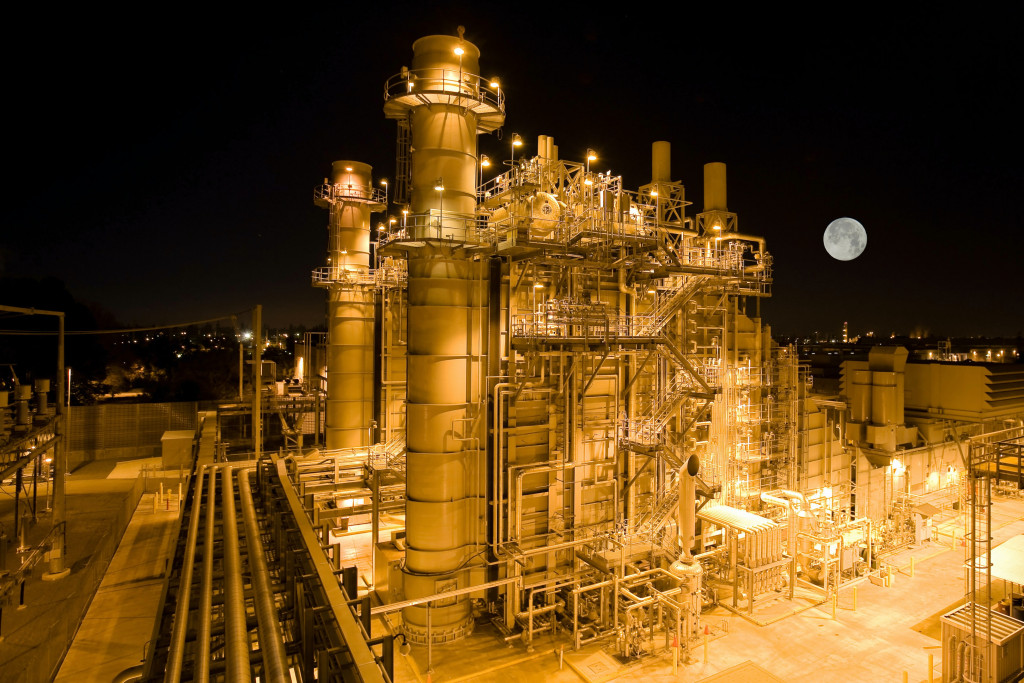

New Gas Law approved
New regulatory framework provides for important changes to increase competitiveness in the gas market
Subjects
Published in the Official Federal Gazette on Friday, April 9, Law No. 14,134/2021 – known as the “New Gas Law” – modernizes natural gas legislation in favor of a more open, dynamic and competitive market. The text was signed into law by Brazil’s President without any veto on April 8, introducing significant changes to the sector and replacing the previous gas law (Law No. 11,909/09). The new law reflects the version approved by the House of Representatives in September 2020, as all the amendments proposed by the Federal Senate were rejected.
Mattos Filho’s specialists highlight the main changes introduced by the new law below, which affect the entire natural gas value chain – from upstream to downstream.
Access to Essential Facilities
In Article 45, the previous law expressly waived the guarantee of access to production flow pipelines, natural gas treatment or processing facilities, as well as liquefaction and regasification terminals.
On the other hand, Article 28 of the New Gas Law ensures non-discriminatory and negotiated access for third parties interested in production flow pipelines, natural gas treatment or processing facilities and liquefied natural gas (LNG) terminals. It also ensures that the owner is given preference in relation to using the facility.
The New Gas Law also sets forth more detailed rules on access, such as creating a code of conduct for accessing infrastructure, which should establish rules for remuneration to be paid to the owner and objective criteria that must be included in the contract. Therefore, the New Gas Law has brought more transparency to the third-party access of such infrastructure. It also elects the Brazilian Agency of Petroleum, Natural Gas, and Biofuels (ANP) to decide on any disputes between the owner and the users.
Natural Gas Transportation
Granting Regime
Article 3 of the previous gas law establishes the concession regime for natural gas transportation (new gas pipelines).
However, under the terms of the New Gas Law, natural gas transportation will be carried out exclusively under the authorization regime. The change is positive because, in theory, it makes the process of building or expanding new gas pipelines faster and more efficient compared to the concession model presented by the previous law.
Contracting Capacity
Under the terms of the New Gas Law, natural gas transportation services will be offered under the entry/exit model, which may be contracted independently at the entry and exit points. In theory, the entry/exit model may increase the liquidity and flexibility of the transportation network compared to the point-to-point model.
Unblundling
The New Gas Law prohibits direct or indirect control or affiliation between transporters and companies or consortia undertaking exploration, development, production, importing, shipping, and commercialization of natural gas. It is also prohibited to choose members of the board of directors, executive officers, or legal representatives of companies that operate in such segments. The previously existing unbundling between natural gas transportation and shipping was established on a more limited basis by an ANP resolution.
Market areas and area managers
The New Gas Law innovates by providing that transporters that operate in the same market area must appoint a manager – a regulated agent responsible for coordinating the operation of transporters.
Definition and Classification of Gas Pipelines
The previous gas law followed a logic of “origin” and “destination” to classify the flow, transportation, and transfer gas pipelines.
The New Gas Law modifies certain definitions, especially those concerning transportation pipelines, with an exclusive article listing the framework criteria. Although the New Gas Law has maintained the “origin” and “destination” logic for classifying gas pipelines, the changes to the definitions align the criteria with the reality of existing or ongoing projects.
Another positive development regards the inclusion of an item stating that “Gas pipelines that do not fall within the definitions established under items XXIV, XXV, and XXVI of the article’s head provision, including those that connect processing or treatment units for natural gas, storage facilities, or LNG terminals to transport or distribution facilities, will be classified under the terms of ANP regulation […] “. ANP’s jurisdiction to create new classifications of gas pipelines gives greater flexibility and stimulates the creativity of investors in developing new projects.
Underground Storage
Under the terms of the New Gas Law, natural gas storage will be carried out exclusively under the authorization regime. This is a positive change, as it is a more straightforward granting regime when compared to the concession model brought by the previous law. It is expected that this will stimulate investments in a segment that currently does not exist in Brazil and is necessary to create an effective and efficient gas market.
Distribution and Commercialization of Natural Gas
Definition of “distribution of piped natural gas”
The previous gas law does not define “distribution of piped natural gas.” For this reason, throughout the discussions on the bill for the New Gas Law, the possibility of defining this expressly (or not) was raised, with regard to the commercialization of gas for the final consumer, as well as to handling services. This remained a point of contention amongst the different stakeholders.
The version of bill that was approved defined “distribution of piped natural gas” as the “provision of local piped natural gas services according to the provisions of § 2º of article 25 of the Brazilian Constitution”, basically replicating the definition of the Brazilian Constitution.
Dedicated pipeline
The New Gas Law has preserved the possibility for free consumers, self-producers, and self-importers to directly build and set facilities and pipelines for their specific use when their natural gas flow needs cannot be met by the states’ piped natural gas distributors. Similarly, the tariffs applicable to such pipelines will be established in accordance with the principles of reasonableness, transparency, publicity, and the specificities of each installation. It is worth mentioning that the New Gas Law maintains that each state shall regulate the definition of free consumers and the parameters for establishing the distribution tariffs, even for dedicated pipelines.
However, the New Gas Law establishes that the ANP and the Ministry of Mines and Energy (MME) should work alongside the states to harmonize and improve local regulations.
Distributors’ Independence
The New Gas Law prohibits those responsible for choosing members of the board of directors, executive officers, or legal representatives of companies or consortia that undertake activities related to the exploration, development, production, importing, shipping, and commercialization of natural gas to have access to sensitive information, exercise power to designate, or to vote to elect members of the commercial, supply, or legal management of a piped gas distributor. Stakeholders will have three years as of the publication of the New Gas Law to adapt to the new rules.
Reduction of market concentration
The New Gas Law authorizes the ANP to adopt mechanisms to stimulate efficiency and competition, which may consist of: (i) the reduction of the concentration of supply and mandatory transfer of transportation, production flow, and processing capacities; (ii) the mandatory sale of natural gas by agents with high market share; and (iii) restrictions on the sale of natural gas between producers in the production areas.
For further information about the New Gas Law, contact Mattos Filho’s Oil and Gas practice area.
*The summary of this article is available in French, Italian, Spanish and German at this link.




